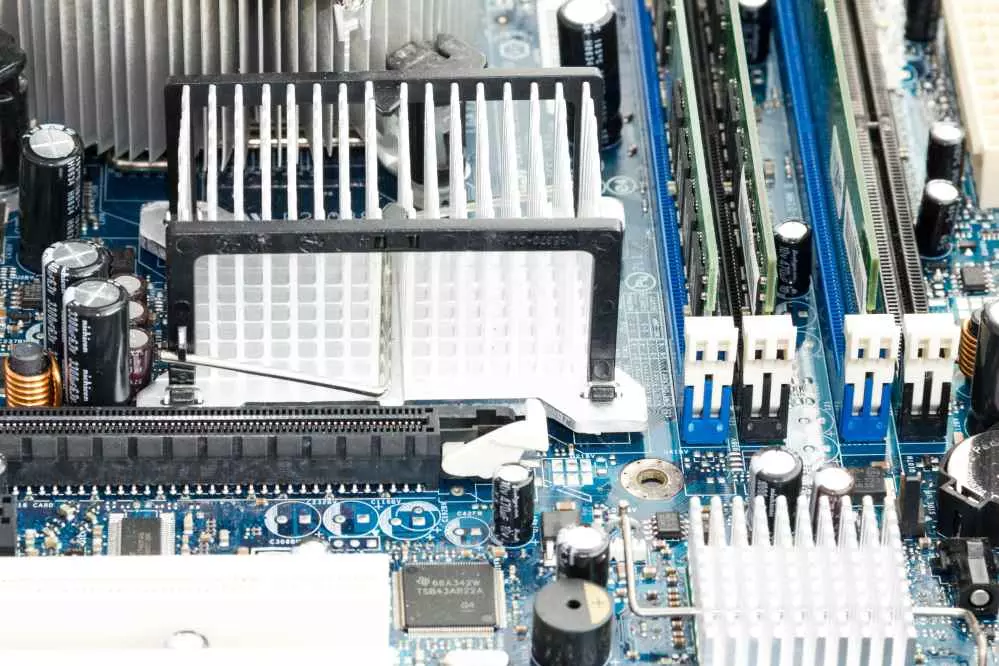1. Introduction
Industrial connectors are an indispensable component in many industries, such as automotive, aerospace, energy and telecommunications. Their role is to connect various components together, enabling efficient operation and safety in operation. One of the most important features of industrial connectors is their versatility, which offers many possibilities and customization.
2. Types of industrial connectors
There are many different types of industrial connectors that are used depending on specific application requirements. Among the most popular are:Electrical connectors are used to transfer electricity between different devices. They can be used in a wide range of industries, from consumer electronics to manufacturing.Pneumatic connectors allow compressed air to flow between devices. They are commonly used in industrial automation and machine manufacturing.Hydraulic connectors are used to transfer fluids, such as hydraulic oils, to control the movement of machinery and equipment. They are often used in the automotive and energy industries.Optical connectors allow data to be transmitted using light. They are indispensable in telecommunications and computer networks.Mechanical connectors are used to connect two or more mechanical components. They can be used in various industries, from construction to agriculture.

3. Versatility of industrial connectors
The versatility of industrial connectors lies in their ability to work in a variety of conditions and applications. They are designed to survive extreme temperatures, dust, moisture, shock or corrosion. This makes industrial connectors reliable and durable, which translates into safety and efficiency in production processes.
In addition, the versatility of industrial connectors is manifested in their various sizes and types of assembly. They are available in a wide range of forms, from small and delicate to large and robust. They can be assembled using various techniques, such as soldering, crimping or pressing. Such variety makes it possible to adapt connectors to almost any application or situation.
4. Benefits of industrial connectors' versatility
There are many benefits to choosing the right industrial connectors. First and foremost, their versatility allows flexibility in system design and development, as well as easy modification and expansion. Regardless of the industry and application, industrial connectors can be customized, saving time and resources.
In addition, the versatility of industrial connectors minimizes the risk of failure and improves the reliability of systems. With a choice of connectors that can withstand extreme weather, corrosion or vibration, you can be sure that your system will operate smoothly for a long time. This, in turn, translates into reduced maintenance and repair costs.
Another benefit is the ability to integrate different types of connectors, for example, electrical, pneumatic and hydraulic, into a single system. This allows for simpler and shorter assembly, which is particularly important for large industrial projects.
5. Summary
The versatility of industrial connectors is a key feature that offers many advantages in various industries and applications. Their ability to work in a variety of conditions and their customizability make them an indispensable component in manufacturing processes. Choosing the right connectors can translate into savings in time, resources and improved system reliability.

Add comment